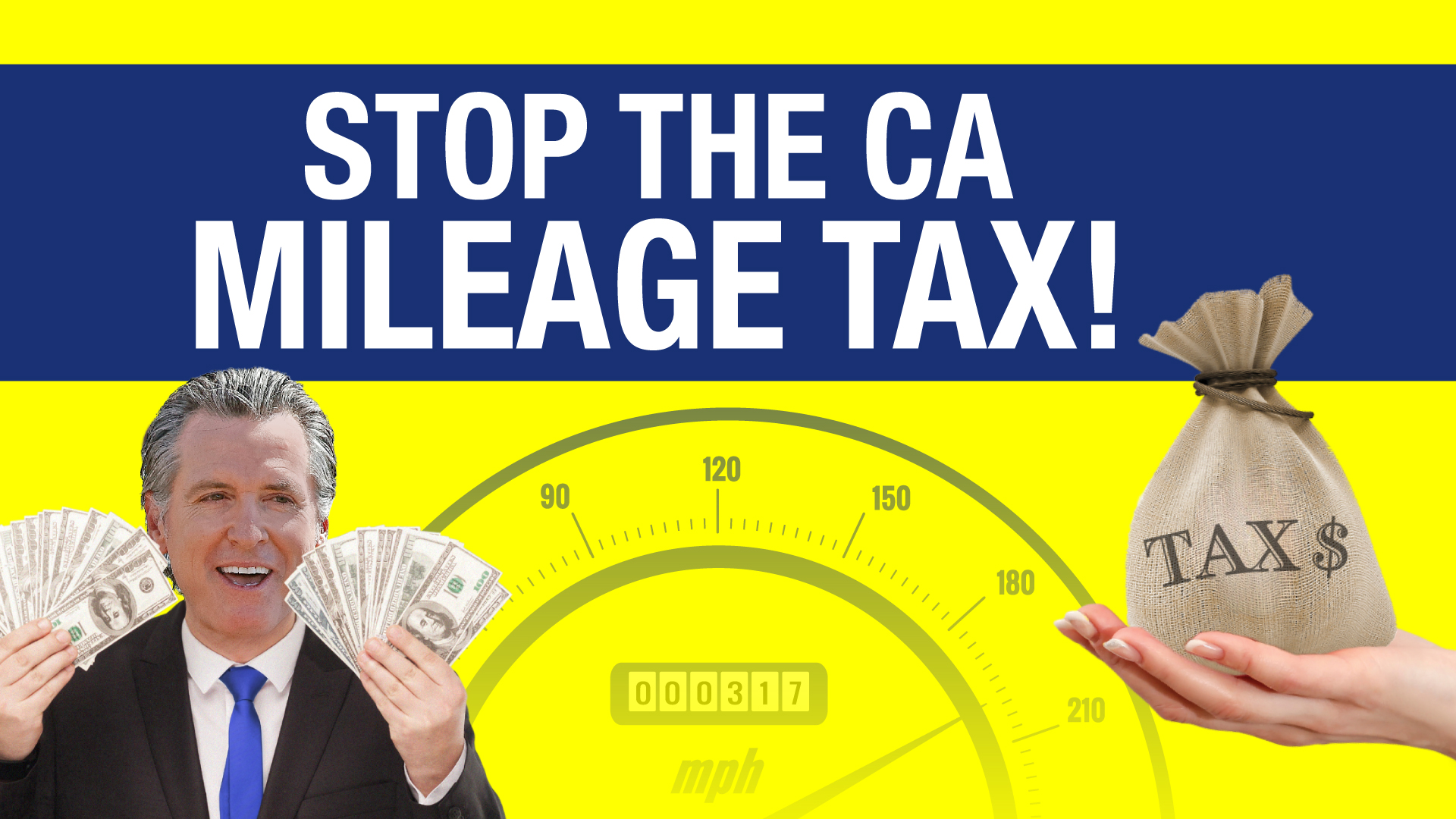.jpg)
Image Credit:
Canva
California Governor Gavin Newsom was confronted in court this week as he seeks to block the California Taxpayer Protection Initiative (CTPI) from appearing on the November 2024 ballot.
In a stunning argument at a hearing this week before the CA Supreme Court, Gavin Newsom’s legal team argued that voters are too stupid to decide on important issues like tax hikes! “The voters simply don’t have the capacity,” claimed Margaret Prinzing, attorney for Gov. Gavin Newsom.
“Governor Gavin Newsom not only created a massive budget deficit, but he has raised taxes so high that he has destroyed jobs and caused millions of middle-class residents to flee the state’s high-cost-of-living,” says Carl DeMaio, Chairman of Reform California.
“For Newsom to argue he and state politicians are somehow smarter than the voters is patently offensive,” DeMaio added.
In October, Newsom and state Democrats filed for an “Emergency Injunction” from the liberal-dominated California Supreme Court to prohibit voters from even voting on the CTPI in the November 2024 election – despite the fact that citizens collected the required 1 million signatures to force the issue onto the ballot.
Reform California and Carl DeMaio filed an Amicus Brief with the Court arguing that Governor Gavin Newsom is illegally attempting to block a vote on the CTPI.
The Court heard oral arguments over the fate of CTPI on Wednesday of this week.
Californians already pay the highest taxes in the country, but the California Taxpayer Protection Initiative (CTPI) would change that and would make it harder for state and local politicians to impose costly and unfair tax hikes in the future.
Specifically, the measure would supersede and nullify many of tax hikes being placed on the November 2024 ballot, and it would close loopholes politicians have exploited in recent years to impose tax hikes. That nullification provision would immediately produce tax savings for Californians. The measure would also strengthen the requirement that local tax hikes must receive two-thirds voter approval to go into effect. In addition, the measure would combat false and misleading ballot titles currently used by state and local politicians to deceive voters into voting for ballot items that contain hidden tax hikes.
DeMaio, who is working with a broad coalition of tax reformers to pass the CTPI, says that the Democrats seeking an injunction against the measure is “an abuse of power and further evidence of corruption in a state dominated by just one political party.”
“Talk about an actual assault on democracy, actual election interference, and actual voter suppression — these Democrat politicians want to remove your right to vote on a measure that would restrict their own power over you,” explained DeMaio.
Since 1912, California citizens have enjoyed a powerful constitutional right to place citizen initiatives on the ballot. DeMaio argues that any court ruling that deprives citizens of a right to vote on a duly-qualified initiative would violate citizens’ constitutional rights and destroy California’s initiative process.
“California citizens have the clear and simple right to place this powerful tax reform measure on the ballot because the state constitution gives them the right to impose initiatives on politicians using the citizens’ initiative process,” DeMaio explained.
“By seeking removal of a duly-qualified citizens initiative, Governor Gavin Newsom and state Democrat politicians are seeking to strip voters of their rights plain and simple,” said DeMaio.
Oral arguments at Wednesday’s hearing mirrored those made in Newsom’s petition and Reform California’s Amicus Brief.
Newsom’s argument to the court is that the CTPI contains so many powerful reforms and changes that it constitutes an unlawful “revision” to the state constitution – or makes too many changes to state government that it would require a constitutional convention to approve. Newsom also argues that limiting politicians’ ability to easily raise taxes would “impair essential government functions.”
Justice Goodwin Lui (appointed by Jerry Brown) advanced another offensive argument that letting voters block tax hikes of state politicians would “create a fourth branch of government.”
DeMaio responds “Not at all – we the people ARE the government and the three branches always must answer ultimately to voters!”
DeMaio and coalition partners systematically refute Newsom’s arguments to the court.
Pointing to Prop 13 in 1978, Prop 218 in 1988, and Prop 26 in 2010, DeMaio argued to the court in his brief that “in recent decades, numerous citizen initiatives have made changes similar in nature and reach to the state constitution and were not deemed to be revisions of the state constitution.”
DeMaio further argued that the CTPI “is not a ‘revision’ measure because it simply seeks to refine and clarify the requirements of existing state constitutional provisions related to taxation that were similarly imposed by previous citizen initiatives.”
In response to Newsom’s argument that politicians would run out of money if they can’t raise taxes, DeMaio offered this response in his brief:
“The reality is state and local governments in California have more than enough money to fulfill their duties for providing essential government functions. In fact, state and local government in California has gone far beyond ‘essential government functions’ to create unnecessary government programs for functions that should be private matters, not government obligations.”
DeMaio concluded, saying, Newsom “claims to be concerned about harm to the integrity of the state constitution if the TPA Citizens’ Initiative passes…to the contrary, the only harm that can come to the state constitution is if the Court grants (his) Petition.”
The state Supreme Court is expected to rule before June 30, 2024 – the deadline for placing items on the November 2024 ballot.
To contribute to Reform California’s efforts to pass the California Taxpayer Protection Initiative, use the secure link below.


